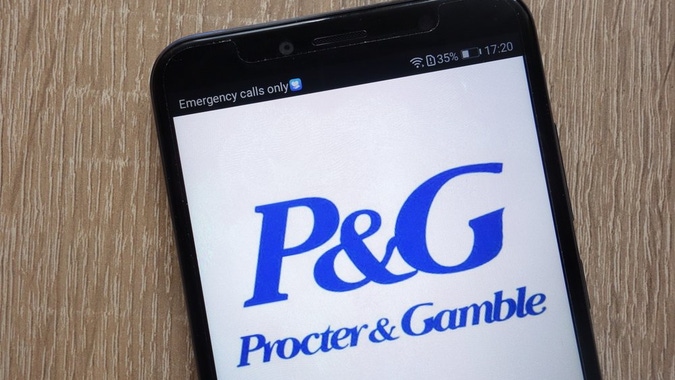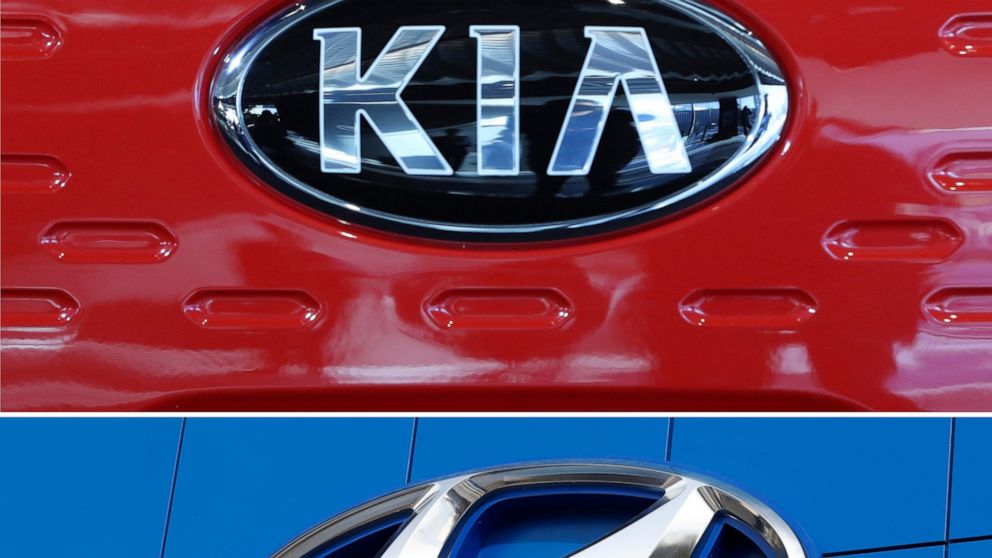Is Procter & Gamble One of the Best Dividend Stocks of All Time?
The Procter & Gamble Company (NYSE: PG) might be an investor’s dream. The company propagates some household names and brands, such as Pampers, Bounce, Dreft, Gain, Tide, Bounty, Braun, Gillette, Old Spice, Swiffer, Dawn and dozens of others.
MarketBeat.com – MarketBeat
The growing popularity of discount retailers stocking cheaper store brands has been particularly challenging. Look to the stock price for proof: Shares in P&G have lost 2% in the last five years versus a 65% gain for the Dow.
History of the Procter & Gamble Company
Candlemaker William Procter and soap maker James Gamble settled in Cincinnati, Ohio and formed Procter & Gamble in 1837. Sales reached $1 million in 1858 to 1859 with 80 employees. In the 1880s, Procter & Gamble created Ivory soap.
The company, still headquartered in Cincinnati, offered profit-sharing for its employees in 1887 and began to diversify its products in 1911, creating Crisco and eventually diversifying its range into soaps, toiletries and food products. The company continued to expand and branch out into new areas, creating Tide laundry detergent in 1946 and Prell shampoo in 1947 and fluoride toothpaste (the popular Crest) in 1955. The company purchased Charmin paper mills in 1957 to create toilet paper products, Downy fabric softener in 1960 and Bounce fabric softener in 1972.
One of its best products was the disposable Pampers brand, later launching Pampers Pure in 2018, a more environmentally friendly alternative.
Acquisitions over time included:
- Folgers Coffee
- Norwich Eaton Pharmaceuticals
- Richardson-Vicks
- Noxell
- Shulton’s Old Spice
- Max Factor
- Iams Company
- Pantene
- Gillette
P&G announced it was dropping around 100 brands, and this included selling Pringles to Kellogg’s, Jif, Crisco and Folger’s to Smucker’s and Iams to Mars Inc.
Now, the company offers packaged goods to consumers throughout the world, streamlining its operations through six segments, including beauty, grooming, health care, fabric and home care, baby, feminine and family care.
Learn more: How to Find Out About Dividend Stocks History
Why P&G is Widely Considered one of the Best Dividend Stocks of All Time
Why might you consider Proctor & Gamble one of the best of the best? Let’s take a look at a few factors that put it in the category of best investment ever.
- Strong brand recognition: Procter & Gamble’s approach of putting attention on product specialization and differentiation, building global research facilities and hiring the best talent in order to create that brand following has cultivated incredible brand recognition over decades of business.
- Ability to consistently raise prices: This year, price hikes went into effect on products such as Tide detergent and Downy dryer sheets and in various segments, including health care, baby care, feminine care, adult incontinence, family care, home care, hair care, grooming, oral care and more in both the U.S. and international markets. Growth and profitability continue to succeed because Procter & Gamble’s loyal consumers are willing to pay more for brands they know and love.
- Consistent dividend increases: The Dividend King has paid shareholders a dividend since 1891, offering rewards far beyond what many companies are able to do. Its current dividend yield is 2.55%, its annual dividend is $3.65 and the dividend payout ratio is 63.70%. The company returned over $3.4 billion of cash to shareholders via approximately $2.2 billion of dividend payments and $1.2 billion of common stock repurchases according to Q3 2022 reports. P&G has the resources and desire to increase dividends without sacrificing growth.
- Growth and profitability trends: As likely already intuited, Procter & Gamble offers excellent growth and profitability opportunities on a continual basis. The company reported Q3 fiscal year net sales of $19.4 billion in 2022, an increase of 7% from last year. Organic sales increased 10% (excluding the impacts of foreign exchange, acquisitions and divestitures). Diluted net earnings per share were $1.33, an increase of 6%. Operating cash flow was $3.2 billion in that same quarter and adjusted free cash flow productivity was 74%.
- Ability to withstand economic pressure and market downturns: When COVID-19 came on the scene, it was common for investors to turn to tried-and-true consumer staples. The consumer staples niche usually offers income protection during incredible volatility. If you’re focused on income during nail-biting markets, Procter & Gamble offers it in spades. The company will likely be less sensitive to the pinball movements of most markets.
Why You May Want to Steer Clear of Procter & Gamble
On the flip side, why might you want to leave Procter & Gamble off your list?
- Competition: Despite its powerful household name and other factors that make Procter & Gamble a constant pro-column investment, it still has major competitors breathing down its neck, including Colgate-Palmolive, Church and Dwight and Unilever. Consumers have a wide variety of smaller companies available to purchase from, particularly in organic personal care and other markets.
- Overwhelming: Procter & Gamble has a huge list of brands, and managing its brand portfolio, finding a wide number of growth streams, accurately predicting consumer trends and expectations and continuing to innovate may cause stagnant growth in the future.
Learn more: Should You Put Dividend Stocks in Your Roth IRA?
Consider All Angles Before You Invest
If Proctor & Gamble were only one of a handful of stocks you could invest in, it would be easy to say, “Yeah, I’ll take it!” However, in a field of myriad possibilities, it’s always difficult to determine which way to go.
But there’s bright spots all over for investors. In its 2022 Q3 fiscal earnings report summary, P&G had increased its full-year 2022 sales forecast, showing increasing demand for its cleaning and personal care products despite price increases.
Overall, however, P&G is a consumer and investor staple. No matter what, it’s a solid dividend pick, and yes, it’s one of the best dividend stocks of all time.
Learn more: Are Dividend Stocks Worth it?


